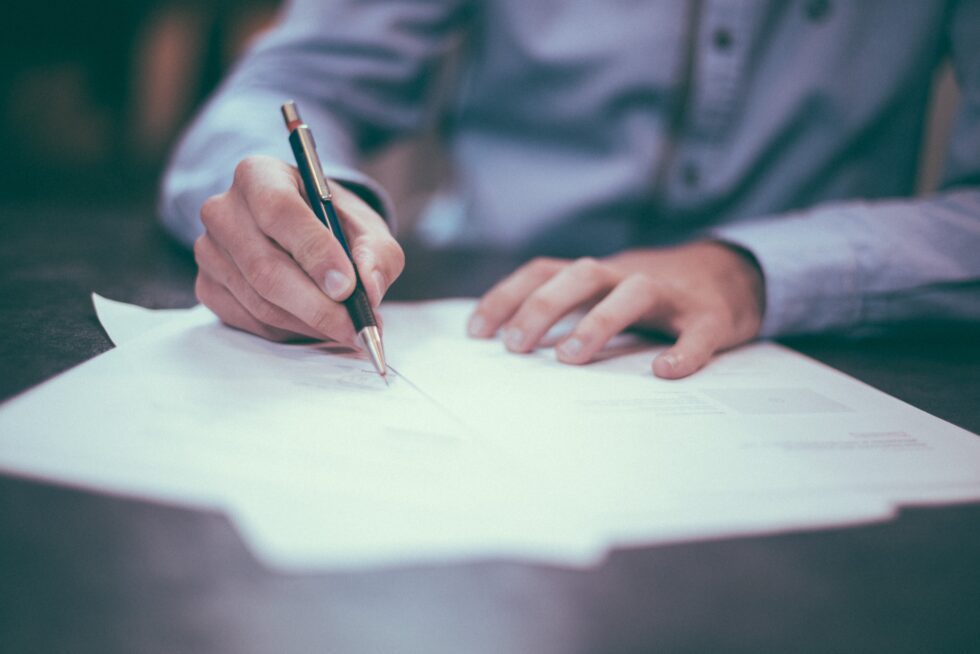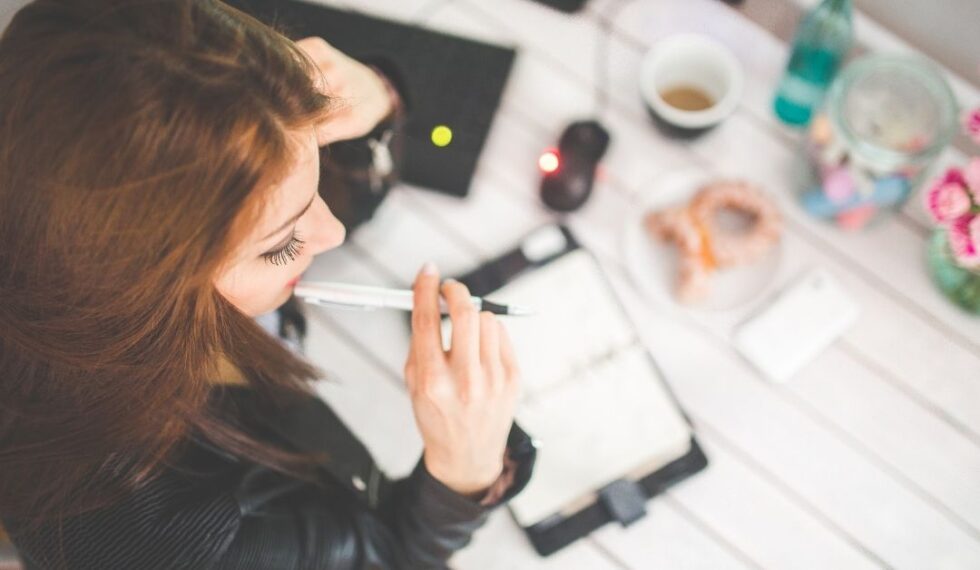Summary
Observing closely is the action of analysing things in detail. More people have the power to observe things better than before. Observing is closely monitoring things. Powers of Observation is the ability to see things others might not. Powers of observation is the ability to notice minute and significant details. Observation in terms of science can be the collection of certain data or values recorded by any scientific instrument during a science activity. Observation can be of many things, from scientific instruments to the human consciousness. Observation is the act of observing with one’s mind, not just collecting data. Observation is the process of paying attention to something and recording what you see. Developing powers of observation is similar to developing critical observation skills. Critical observation is the ability to notice delicate or difficult-to-analyze details.
This Blog Post is all about Powers of Observation: 8 Analyzed Ways to Develop it. How to Develop the Powers of Observation?
What are the Powers of Observation?

Observation is the action or process of closely monitoring things or activities. And the ability of your mind to notice such minute and significant details is Powers of Observation.
Observation in terms of science can be the collection of certain data or values recorded by any scientific instrument during a scientific activity or experiment.
But the term observation that we are discussing here is more associated with the consciousness of the human mind to observe or notice the series of activities happening around him.
Now, there is a more analytical term that we express as Critical Observation. It is the ability to notice so delicate or precise details which are generally difficult to analyse.
It is an important skill an observer possesses to gather subtle information from any primary source or activity.
So, in this article developing powers of observation is meant similar to developing critical observation skills.
Why should you develop Powers of Observation?
So, here comes the question, why are the powers of observation an important skill to develop?
Well, the people who have this skill can gather minute details or information from anything which normal people might not notice or miss completely.
They can utilize these pieces of information to skillfully deal with and tactfully handle any undesired state of situations.
So, people with this skill are considered to be more mindful of the situation and have a greater ability to tackle difficult issues.
This gives them a greater edge over others in their professional life as well as personal life.
Therefore, critical observation is one of the most essential and desirable soft skills a person can have to rise in a business or professional career.
Ways to Develop Powers of Observation
Be open to receiving information:
The first and most important step is that your mind should be open enough to gather information from your environment.
Opening up your mind means you should have that mindset or belief of learning new things from anyone or anything.
Every activity in your personal or professional life has something to offer you that can enhance your information level.
However, the thing is that you should have this belief inside you and try to acquire whatever bit of knowledge or information that it provides.
Ultimately it should be your curiosity or zeal to get exposed to the things and explore them to analyze critically and get amazed by the result.
Channel your observation to a specific intention:
You may observe a lot of things and gather a lot of information. But simply gathering information is not enough unless you know how to utilize or implement it.
You can only do it more effectively when you know your subject well and have your set of intentions defined.
Knowing to integrate all the information from your observation to channel it into achieving a specific goal is a more important aspect of critical observation.
Be in the present moment and avoid distraction:
It is important to stay in the present moment and not get distracted by any unintended external means like noise, gadgets, intruding thoughts, etc. to minutely observe things around you or you intend to.
Try to focus on the situation or activity you are exposed to right now in the present moment rather than swinging your thoughts into the past or future.
Just try to cut down any means of distraction and increase your concentration and focus to increase your ability to observe critically.
Use all of your senses:
Human beings naturally have five senses through which they can sense or observe anything.
A critical observer utilizes all his five senses to notice and analyze his surroundings or environment.
Apply your filters properly:
There is tons of information that you get daily from every activity you are involved in. However, which information is relevant and can be utilized is sorted out by your brain filters.
You should be aware of your filters else you can misread or misinterpret what you observe.
Just like in an air filter whose pore size determines the size of dust particles to be filtered out and fresh air to be allowed.
Similarly, our brains have filters based on our thoughts, beliefs, past experiences, habits, etc. which determines the kind of information it lets in inside.
It is necessary to refine your filters to get more through it and sort out the information which you need most for your learning and growth.
Improve memory or ability to recall:
The information store today can utilize tomorrow.
So, it should be recalled when required and to achieve this your brain memory plays a crucial role. With strong memory, you can imply any information in any situation as demanded by it.
You need to train your brain for a sharp memory and recalling power. To achieve this you can indulge yourself in different brain games like puzzles, cryptograms, Rubik’s cube, chess, etc.
These games can not only help sharpen your memory but also stimulate and boost your powers of observation, logical thinking and reasoning.
Also, you can keep a journal or field notes of everything that you observe and review it repeatedly to get a stronghold of information.
Develop your critical thinking skill:
Being observant means not only watching or listening to things or simply gathering information but also being able to think critically for the same set of observations.
Critical thinking is a crucial aspect of observation. The ability to question, reason, and analyze your observation can define the outcome of your work.
Critical thinking is a skill that you can develop by practising different tools and techniques. Like playing brain games, doing deep research into any topic, searching for logic and reasoning, etc.
Do Meditate:

Meditation to many people is perceiving as a religious or spiritual norm and consider a primitive practice. But lesser do they know that.
It is the most effective technique to control your mind and gain focus and stability.
All the above traits that we have discussed from concentration to memory to utilization of all senses etc. Can be strengthened through continuous meditation.
So, you should start practising mindfulness meditation daily to strengthen your focus and observational ability.
Conclusion
Powers of Observation is the ability to mindfully observe the things surrounding you. And you can develop it by practising certain traits.
The key to critical observation is paying attention to every bit of detail. In every activity happening around you by keeping your brain and all senses open.
The observations you take should filter, analyzed with critical thinking. And channelled in a specific intention role to obtain the desired results.
Powers of Observation is all about increasing the power of the brain to focus, analyse and implement. A strong memory and intellect provide proper functionality to the above process.
So, you should always keep sharpening your brain through different techniques of playing brain games and practising meditation daily.
Also, you can read our blog on Guide to improve critical thinking skills
FAQ’s
Many people believe this as a skill by birth but it can be a baseless argument.
However, more intelligent people are considering to be better-develop powers of observation skills. But anyone can work and practice developing these skills as explained in the above sections.
This completely depends upon what is your intention with those observations.
It is you to figure out what is your goal.
And which observational information is suitable to incorporate towards achieving your goal.
The information which is useless to you can be useful to others.
So, it varies according to the goal and intention of people of what they keep and what they filter.



